Climate science
-

It’s almost too late in the year for this to apply to most of the Southeast, but I thought this blog post by Cliff Mass of Washington State was a good discussion of why cars and other surfaces can accumulate frost even if the air temperature is above freezing. The same physical principles apply in…
-
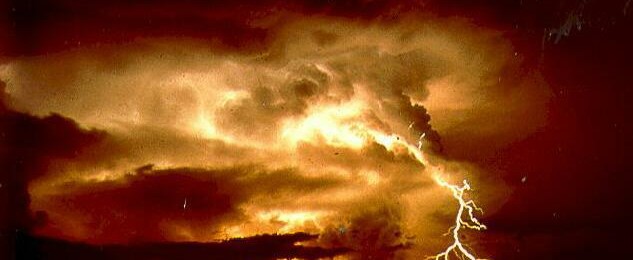
If you work outdoors, you know that you have to be aware of approaching thunderstorms, which can cause injuries no only from hail, strong winds and tornadoes, but also from lightning. You may know the National Weather Service saying “If thunder roars, go indoors” and the rule that you should stay inside for 30 minutes…
-
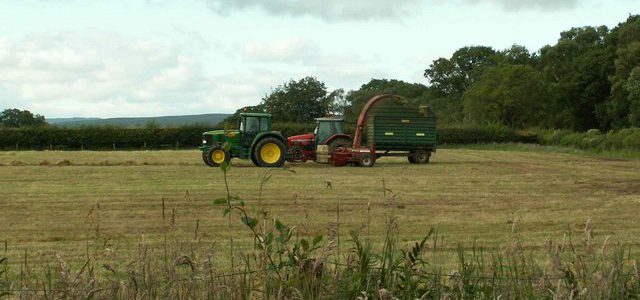
A recent study published by University of Illinois scientists looked at how farmers plan their field work for different times of year and how their scheduling is likely to change under a warmer, more variable climate. While the study looked specifically at Illinois producers, it shows that thinking about how to manage your farm schedules…
-
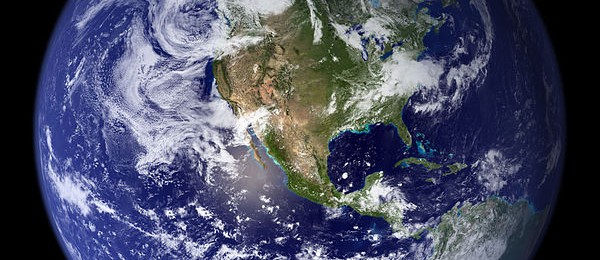
When someone says to me that the climate is always changing, I inwardly roll my eyes and agree with them that climate has definitely changed over time and is still changing due to natural variability like El Niño (short-term) and orbital variations that cause ice ages (long-term). Climatologists have been studying these changes for a…
Posted in: Climate science -
People that are skeptical about the warming effect of carbon dioxide often point to the fertilization effect of CO2 on plants, causing them to grow more rapidly. Of course, that is just one factor in the growth of plants–they also need water, nutrients and sunlight to grow. A New York Times article this week describes…
-
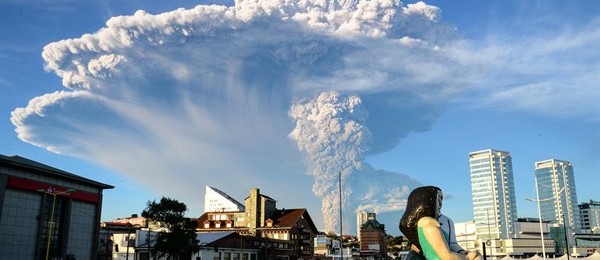
I occasionally hear someone say that volcanoes emit more carbon dioxide than any manmade source. The blog at NOAA’s Climate.gov discusses this “fact” and shows that in fact human activities such as burning fossil fuels, deforestation and cement production put out 60 times as much CO2 as natural sources like volcanic eruptions. Of course, for…
Posted in: Climate science -
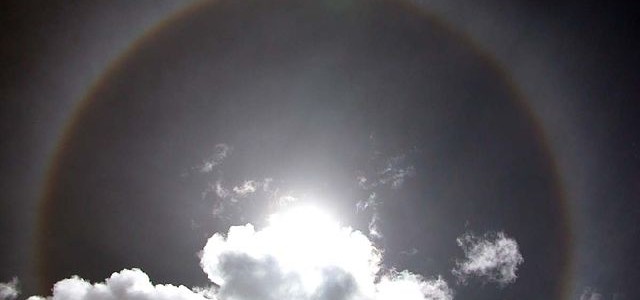
People frequently mix up weather and climate when they discuss the impacts of climate change. For example, you can still get a snowstorm (weather) as the winters get warmer (climate). The Christian Science Monitor has a good simple explanation of some of the differences in this article from early March. As you’ll see, the relationship…